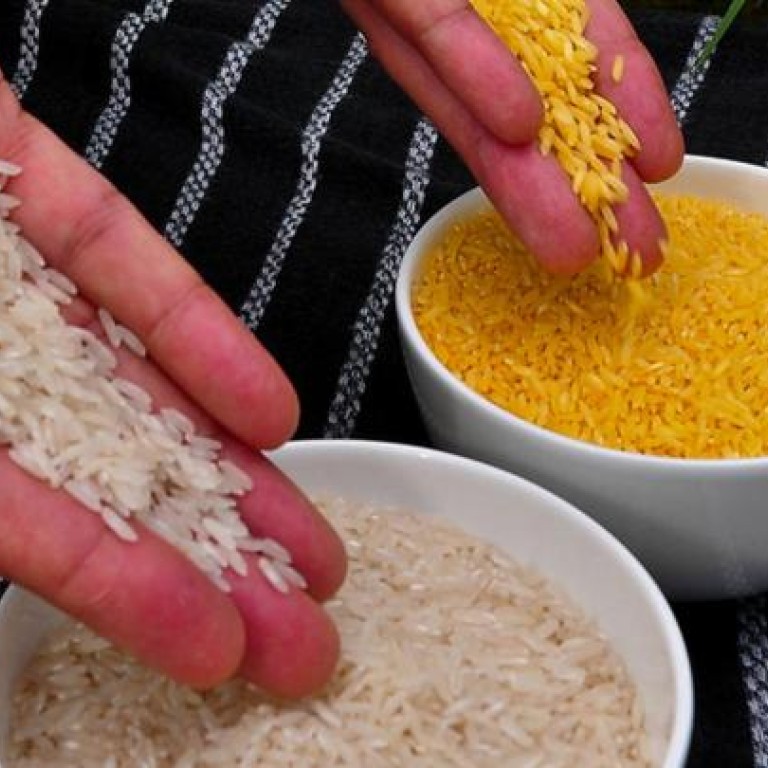
China suspends 'GM rice' scientist pending further probes by ethics panel
The researcher, who made contradictory statements during probe, will face further investigation by ethics review committee
Chinese health authorities have suspended a government researcher involved in a controversial genetically modified rice trial at a Hunan primary school and criticised the American research chief for failing to get the necessary approvals.

The CDC said in a statement posted on its website on Monday that Yin, who worked for the centre's food nutrition and safety institute, would face further investigation by its scientific ethics review committee.
The agency also demanded that the lead researcher, Dr Tang Guangwen from Boston's Tufts University, produce a detailed explanation of the study and all documents relevant to the rice trials conducted in Hengyang in 2008.
The CDC said: "The research described in the paper has not received mandatory review and approval from the Ministry of Health." The agency also called for an investigation by Tufts University, something the university already promised last week.
The study was trying to determine whether beta-carotene-infused "golden rice" could boost vitamin A levels in children and help fight diet-influenced diseases in developing countries. The results, which appeared promising, were published last month in the .
Golden rice has been a central focus of an international humanitarian effort to improve nutrition in poor countries where rice is a traditional diet staple.
Major global charitable organisations, such as the Rockefeller Foundation and the Bill and Melinda Gates Foundation, have supported it, hoping for the rice to save millions of children from blindness or death.
Some golden rice advocates, including Dr Ye Guoyou of Manila's International Rice Research Institute, fear the Hengyang controversy could hinder efforts to introduce potentially helpful genetically modified crops.
Ye said: "People will begin to question the integrity of the entire trans-genetic research movement … Though the Chinese study might not have a direct impact on our work in the Philippines, we must learn the lesson and carry out every step of our research with full authorisation and transparency."
Public anger was first sparked when environmental group Greenpeace accused researchers of using schoolchildren as guinea pigs for a potentially risky product. Last week, Tufts said it was "deeply concerned" about the allegations levelled against the project and promised a "thorough review".
The Hengyang study involved three study groups, with one fed spinach, another fed beta-carotene-rich oil capsules, and the third - made up of 23 pupils - fed 60 grams of golden rice daily.
Yin told investigators he was responsible for the Hengyang trials but was unaware golden rice was used, CDC said.
But he also admitted he had approved publication of the paper, which said he had "conducted the study and collected the samples".

